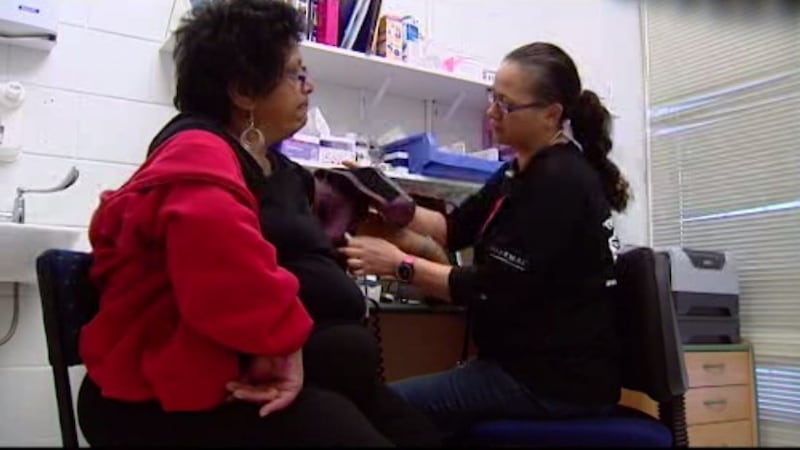Photo / File
Māori patients and whānau have significant barriers to overcome in order to achieve health equity in Aotearoa, a newly released report by the Medical Council of New Zealand and Te Ohu Rata O Aotearoa (Te ORA) confirms.
“We know there is much work to do to address big issues such the privilege Pākehā receive in their healthcare and the under-privilege of Māori, accessibility of services, the importance of wairuatanga in health care, and empowerment of Māori to make decisions about their own health,” Dr Curtis Walker, who is Medical Council chair and Te ORA (Māori Medical Practitioners' Association) deputy chair, said in a statement announcing the report.
The independent report is based on the experiences of Māori patients and outlines findings concerning the current state of cultural safety and health equity delivered by doctors in Aotearoa.
“Colonisation and systemic racism has had a significant effect on health outcomes and we need to understand that inequity is deep-seated in our society, it is complex and it can impact on patient engagement in their health care and the choices they make,” Te ORA chair Professor Tipene-Leach said in the statement.
Released over the weekend, the report makes a range of recommendations and also outlines the effect of ‘cultural loading’ on Māori doctors, involving the often unrecognised additional cultural demands placed on them on top of their day to day clinical work.
“We need to make sure we are working in true partnership with Māori, to be bold enough to make large scale change and work together to aim for a just society that is equitable and fair, and leads to better health outcomes for our people,” Dr Walker said.
[ The report and recommendations are available on the New Zealand Medical Council’s website. ]

